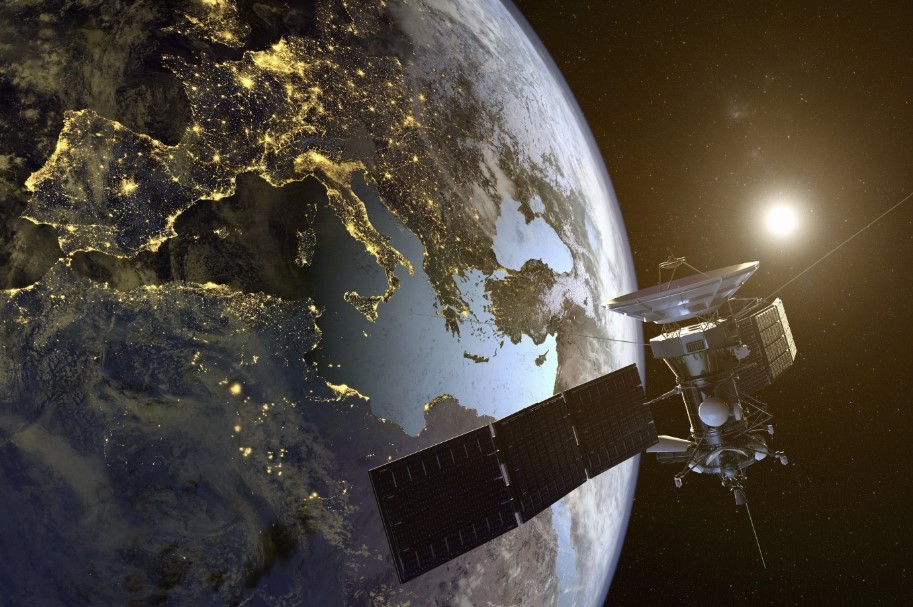More than one million objects larger than 1cm are orbiting the Earth, posing significant challenges to current and future operations in the space environment, and potentially impacting people on Earth through loss or disruption of space-based infrastructures or activities due to a collision.
This project, led by Lead Senior Researcher Dr Xiao-Shan Yap who pioneered the scientific research topic of earth-space sustainability, draws on mix-method analysis of primary and secondary data, as well as co-construction of problems and policy options with stakeholders. It aims to broaden the framing of space sustainability by explicitly considering its interconnectedness with Earth-bound challenges and provide evidence-based insights for policymaking. The project will engage actively with the Space Sustainability Rating, OECD Space Forum and the International Telecommunication Union, among others.
This project is part of the larger SERI-funded Research Initiative on Sustainable Space Logistics (RISSL), which began in May 2019. Research will include understanding consequences resulting from space activities in the following dimensions to derive early policy recommendations:
(1) Environmental implications on the Earth system, in which Dr Yap will work with scientists co-leading the Sustainable Space Hub to derive policy implications based on life-cycle assessment (LCA);
(2) Orbital sustainability, in which Dr Yap will engage with the OECD Space Forum and work with the Space Sustainability Rating team to analyse incentive-based policy options for long-term sustainability of satellite infrastructures; and
(3) Socio-economic development, which focuses on exploring inequality and other socio-economic risks stemming from space activities.

References
- Yap, X.-S. & Kim, R. E. (2023). Towards earth-space governance in a multi-planetary era. Earth System Governance, 16, 100173.
- Yap, X.-S., Heiberg, J., & Truffer, B. (2023). The emerging global socio-technical regimes for tackling space debris: A discourse network analysis. Acta Astronautica, 207, 445-454.
- Yap, X.-S., & Truffer, B. (2022). Contouring 'earth-space sustainability'. Environmental Innovation and Societal Transitions, 44, 185-193.
- Romain Buchs, Marie-Valentine Florin. (2021). Collision risk from space debris: Current status, challenges and response strategies.
- Romain Buchs, IRGC (2021). Policy options to address collision risk from space debris. Policy brief
- IRGC Spotlight on risk: Intensifying space activity calls for increased scrutiny of risks, April 2021 article
- Romain Buchs (2022) Ensuring the environmental sustainability of emerging space technologies In M.-V. Florin (Ed.) (2023). Ensuring the environmental sustainability of emerging technologies (Edited volume). DOI: 10.5075/epfl-irgc-298445